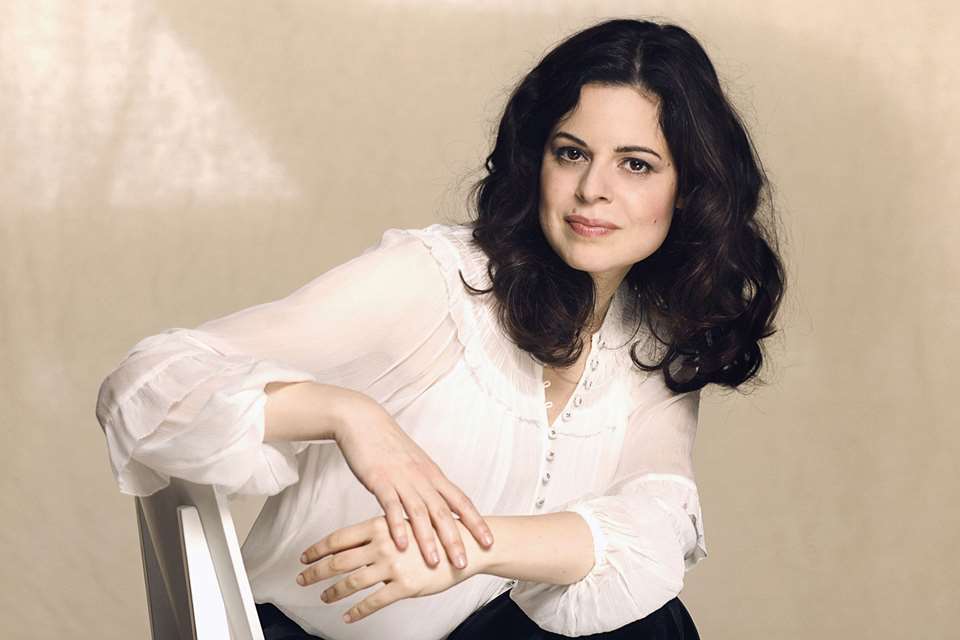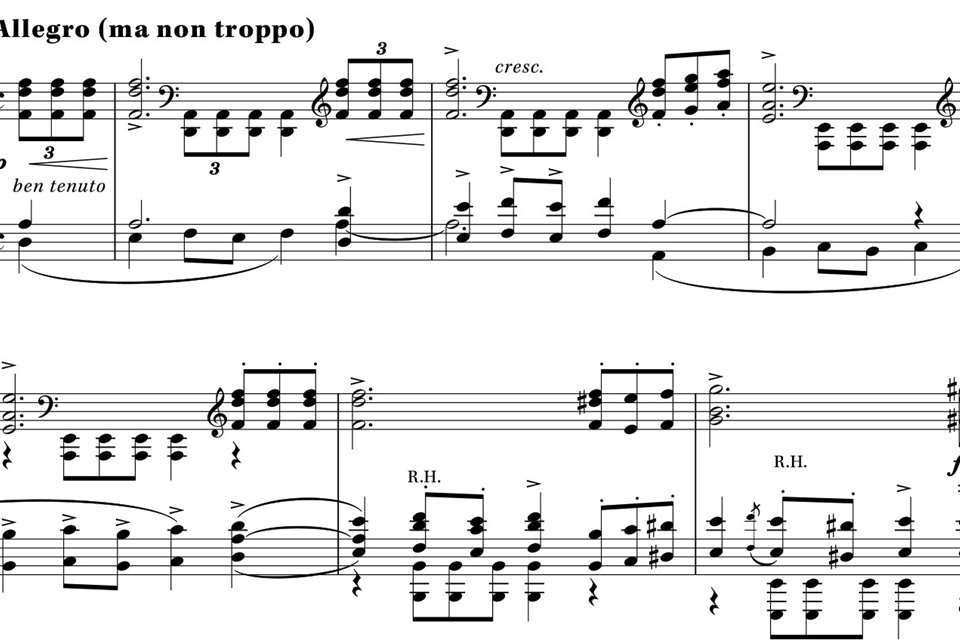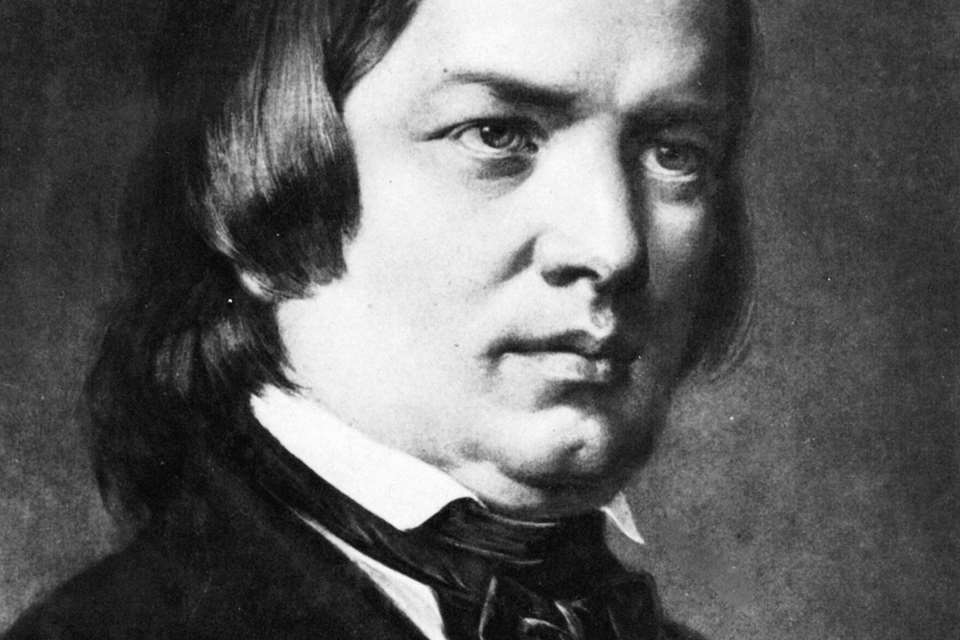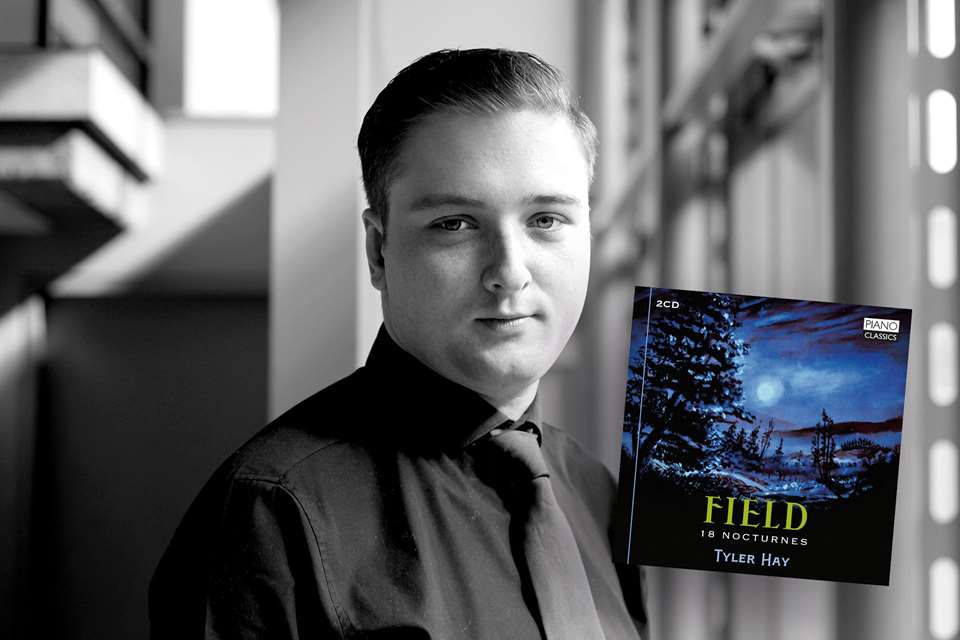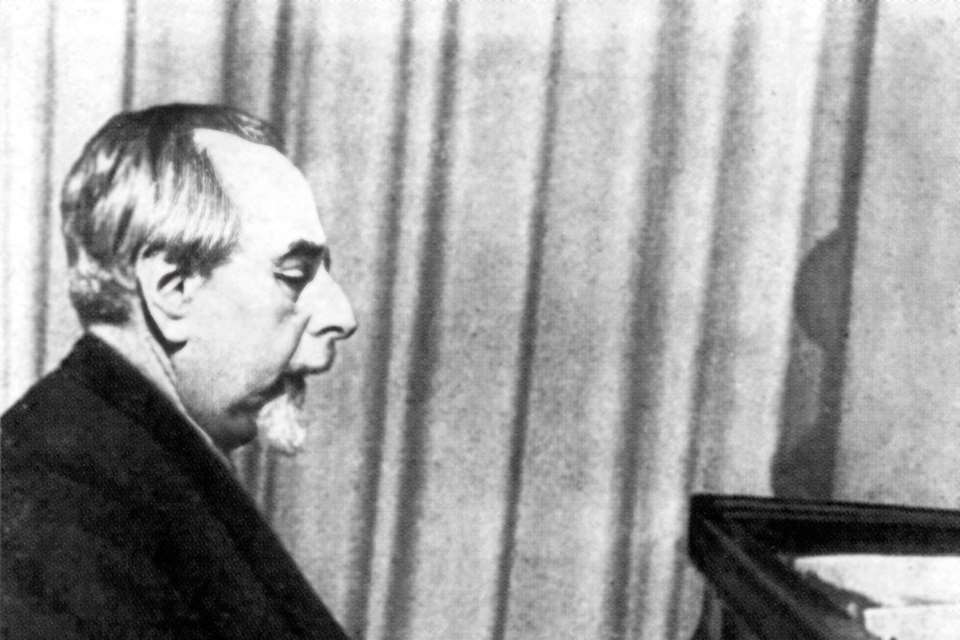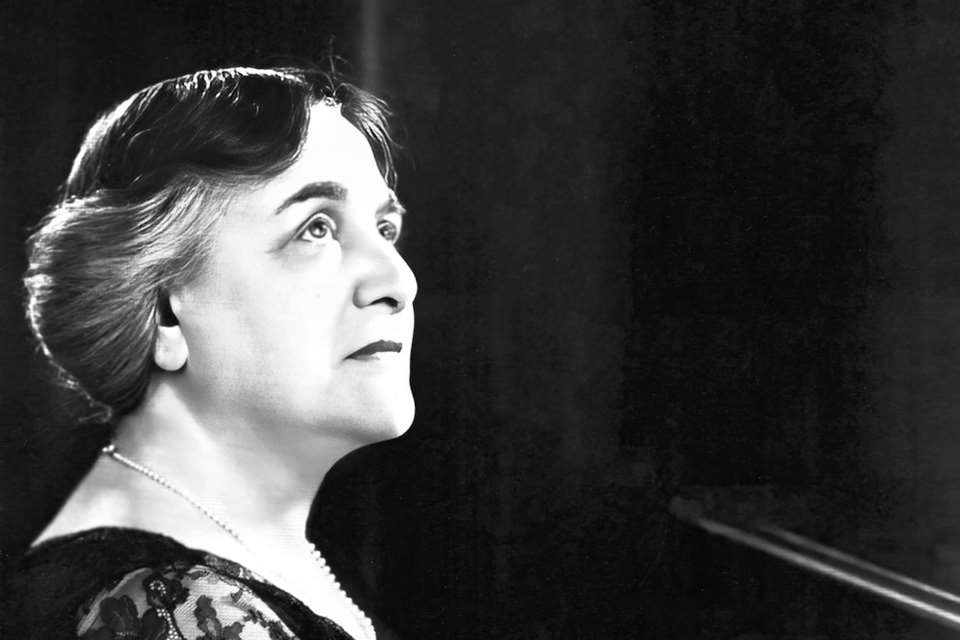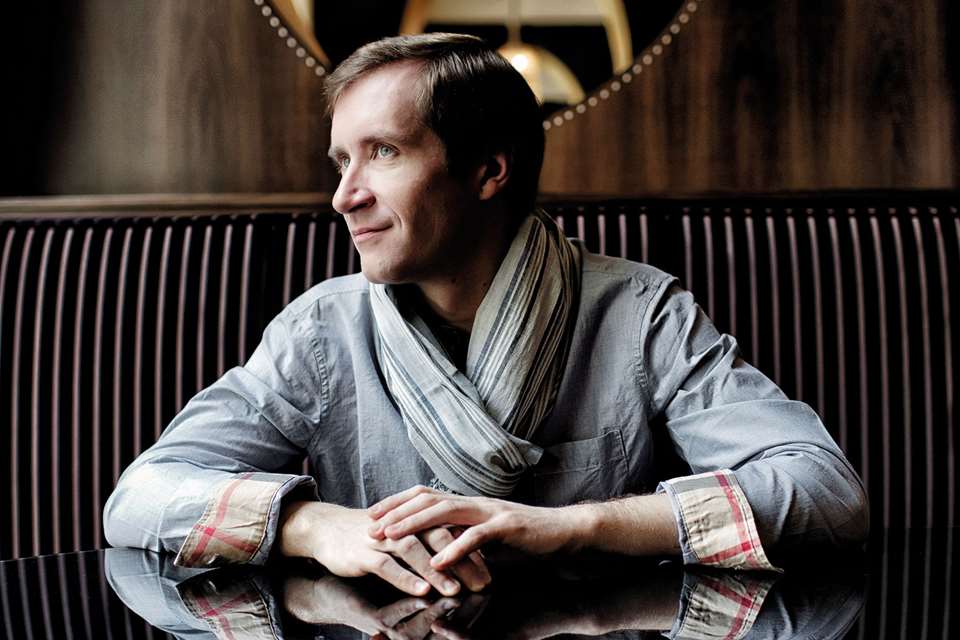Zlata Chochieva: the music of my life
Friday, March 8, 2024
Zlata Chochieva reflects on the importance of personality in making music speak, from Michelangeli’s Mozart to Horowitz live and unedited
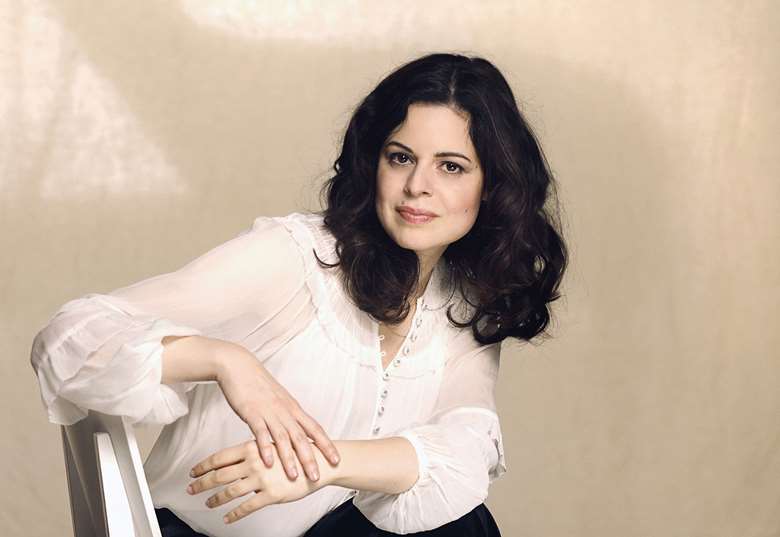
I studied with Pletnev for three years from the age of 14 and he would rarely give me any of his recordings. He was very modest – and of course a genius of his level doesn’t need to do such things. Instead, he would give me recordings of Horowitz and Michelangeli. Once, though, he did give me a CD of his, of Carl Philipp Emanuel Bach, asking if I would like to listen to it. This was quite unusual because, as I said, he almost never did this. I think he gave it to me because of the repertoire. It was a big shock for me because I didn’t know the music at all. I got totally hooked on it. These pieces sound so modern. I would never expect a son of [JS] Bach to compose anything like that. And the freedom and fantasy that Pletnev produces – well, it’s difficult to find any comparison.
We try to avoid this nowadays with everything being perfect, but I think that true art is about true life
I always loved Michelangeli. There are several different recordings of Mozart’s Concertos Nos 13 and 15 that he made, but this particular one I didn’t know. I was about 20 years old and discovered it while I was preparing a performance of No 13. I had some difficulty understanding this music. I always loved Mozart’s operas but this particular concerto was not really speaking to me in the same way as, say, No 27 or No 17. I looked for recordings and found this one. It made me fall in love with Mozart for the rest of my life. What I’ve learnt about playing Mozart is that music comes from the silence. Then I read some story about Martha Argerich studying with Michelangeli and the interviewer said to Michelangeli ‘But you only gave her four lessons.’ And Michelangeli said, ‘I taught her the music of silence.’ I was shocked because he taught me this just from what I heard!
I wanted to include a recording of a composer playing his own music. The first time I came across Medtner was as a pianist – his recording of Beethoven’s Appassionata, which I love. Then I came across his Violin Sonata No 1, which he plays with [Cecilia] Hansen. I was so impressed, and then I began listening to his solo works. He deserves to be far better known. The key to finding an approach to his own pieces is to listen to the way he plays them. If you listen to the Violin Sonata and other chamber pieces, the freedom is absolutely unbelievable, where nothing is absolutely together but it is together! They breathe together. It’s so selfless. It’s not about impressing people. It’s about the natural flow. Nothing is pushed or forced. Like in Rachmaninov, there are many notes, but many notes is never the goal. It’s all about musical expression.
The Bells is my favourite piece of Rachmaninov, believe it or not! And it was Rachmaninov’s own favourite, too: he was very satisfied with this piece – which didn’t happen too often. I was searching for different recordings because I was really in love with this piece. I heard Kondrashin, I heard Svetlanov – who are also amazing – but I prefer Kitaenko’s because everything is perfect from the first note to the length of the very last chord. Kitaenko is famous for rehearsing a lot and this piece particularly needs that. It’s a very complicated score with the choir and soloists but everything is just there – the texture is so clear. Everything breathes. Everything is audible, meaningful and transparent.
As a postgraduate student I had to write a dissertation and my subject was ‘Horowitz and his evolution before and after the break’. And, of course, the first concert after the break is one of my choices. I was fascinated by the change. We know the recordings he made at home during the break but performing on stage … you know, for me it is Horowitz’s live recordings that are the main inspiration. The nerve he has when he is on stage. Sometime, he gets out of control, which is so inspirational; this is why I chose this unedited version, because it just doesn’t matter. This sensitivity he has makes him a little bit vulnerable. It shows a human weakness – and that is so important for true art. We try to avoid this nowadays with everything being perfect, but I think that true art is about true life. It’s very diverse and what Horowitz brings is, for me, the greatest example of being a servant to the art. There is no pianist I love more than his, not just as a musician but as an artist.
INTERVIEW BY JEREMY NICHOLAS
This article originally appeared in the Spring 2024 issue of International Piano. Never miss an issue – subscribe today




